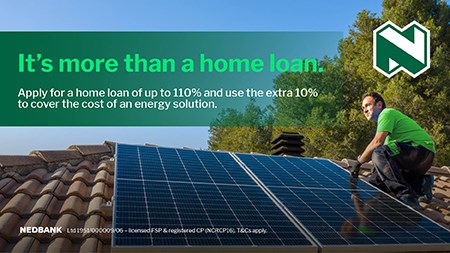Good news for homeowners of small houses who are looking to sell up and buy something larger, is that smaller houses (80m²-140m²) are the strongest growth category in the year-on-year figures, according to Absa’s senior property analyst Jacques du Toit. The average nominal value of small houses continued on the upward growth trend rising 29.2% year on year in May after rising by a revised 24,4 year on year in April. This brought the average nominal price of homes in this category to about R843 700 in May. Medium sized houses (141-220 m²) experienced a 7.2% year-on-year growth in April, and increased by 9% year-on-year in May, averaging R998 600 in the same month. “This is because while many households are still under financial pressure, mortgage interest rates are at their lowest level since the mid 1970s and banks’ lending criteria less stringent than a year ago. So as a result of these latter conditions, demand for housing has picked up but financial stress has forced people who want to buy property to look at more affordable – thus smaller - housing,” du Toit said. “Rising electricity prices, water tariffs, property rates and taxes linked to owning a property also have to be considered.” Investors could also be more inclined towards buying smaller-sized houses. “What this means is that buying property is becoming more expensive, especially in the smaller sized category.” Large (221-400 m²) and medium sized houses are experiencing “normal market conditions” but the pace of increasing prices will slow towards year end, du Toit said. “We have to take into account the market recession from last year, which will impact on the year-on-year growth figures. We’re coming off a very low base.” The average nominal value was up by 6,4% year-on-year in May, marginally down on the revised growth rate of 6,5% y/y registered in April. RE/MAX of Southern Africa CEO Adrian Goslett said that many people were choosing to move back to lock up and go homes as opposed to larger properties. “The demand for smaller houses is greater because more of the population can afford these homes. In this market people are concerned about how much they will pay for property rates – sometimes their budgets are already stretched by getting onto the property ladder. Smaller houses are also more popular if they are freestanding, as buyers believe they have more control over their money without having levies.”
Property Advice




